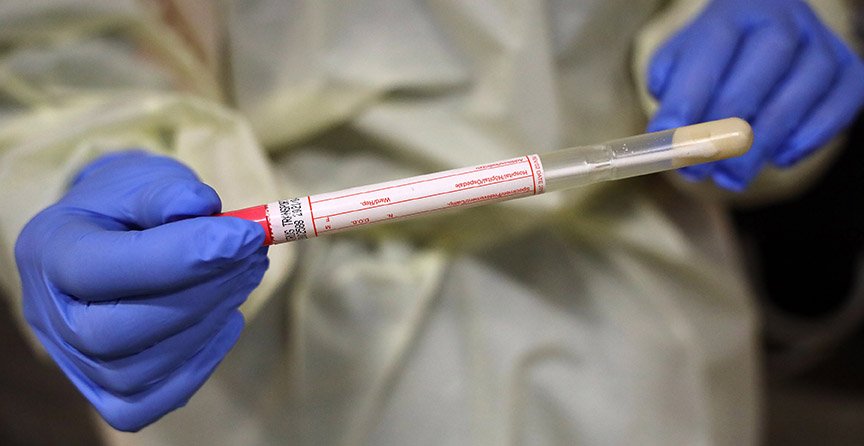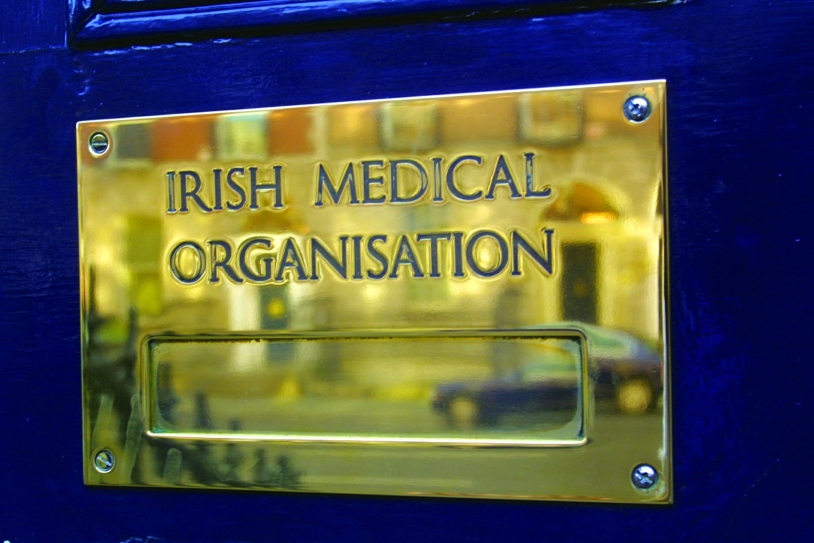Available testing capacity should be mobilised towards increased testing of vulnerable groups, a meeting of the National Public Health Emergency Team (NPHET) has heard.
The Health Protection Surveillance Centre (HPSC) provided Covid-19 data at a meeting of NPHET on 14 May relating to vulnerable populations, which showed five outbreaks in prisons had occurred with 18 notified cases.
Information on three outbreaks among the Roma community with 21 cases, five outbreaks among Irish Travellers with 36 cases and 12 outbreaks in Direct Provision Centres with 159 cases was highlighted at the meeting.
“The HPSC advised that of the confirmed cases in Direct Provision Centres, 12 cases were reported as hospital inpatients and there have been no reported deaths,” according to the minutes.
A further eight outbreaks in “homeless settings” had been notified to the HPSC, but it was noted that “there are gaps in data for this group”.
While improvements were noted in the general population, it was agreed that a “strong focus on vulnerable groups” was required.
“Available testing capacity should be mobilised towards increased testing of vulnerable groups and staff working in and/or providing supports to these groups,” according to the minutes.
“In relation to some of the outbreaks in vulnerable populations as well as in the workplace and among healthcare workers, it was acknowledged that there were a lot of unknown factors that may be relevant in terms of transmission such as shared accommodation, social interactions, work location, and ethnic background.
“The NPHET asked the HSE to revert outlining the public health response to address the specific challenges identified amongst vulnerable groups…in relation to managing the transmission of Covid-19 in these settings. This is to include consideration of enhanced surveillance data, the guidance in place and the way this guidance is being complied with.”
Meanwhile, the meeting heard that a number of measures required action around “reducing public health social distancing measures”.
“In the context of the work of the NPHET in the coming week in relation to providing advice to Government on reducing public health social distancing measures, it was agreed that there is a need for improved surveillance and intelligence on the progress of the disease, especially amongst vulnerable groups and higher risk workplaces; the need for an enhanced testing programme; and to have assurances that the current guidance remains appropriate and is being appropriately implemented by the relevant stakeholders.”













Leave a Reply
You must be logged in to post a comment.